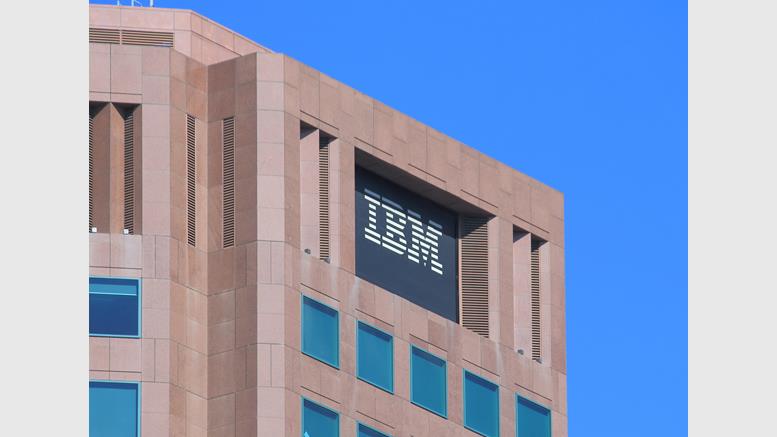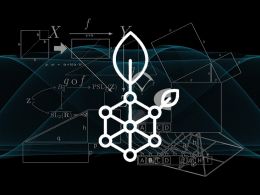
IBM Developing New Blockchain Smart Contract System
IBM is working on a new blockchain project for smart contract creation. The Wall Street Journal reports the company's research arm is using the basic bitcoin codebase to create a new blockchain system that will eventually be released as open-source software. IBM said that "dozens" of employees are involved in the initiative, and that the project is distinct from ADEPT, a proof-of-concept for the Internet of Things unveiled earlier this year. The Journal spoke with IBM research senior vice president Arvind Krishna, who told the newspaper that the company's blockchain system won't have an....
Related News
IBM announced that it has signed a contract with the Bank of Tokyo-Mitsubishi UFJ (BTMU) to apply blockchain technology to the design, management and execution of contracts among business partners. The first pilot projects will automate business transactions between the two companies. The BTMU, a member of Mitsubishi UFJ Financial Group Inc. (MUFG), is Japan's premier bank and has a worldwide presence. The project is built on the Hyperledger fabric to use a blockchain for real-life contract management on IBM Cloud. The Hyperledger fabric is an open-source blockchain technology platform....
More than 20 years ago, Nick Szabo proposed the use of a 'smart contract' to reduce fraud and enforcement costs associated with traditional paper contracts. His smart contract would be implemented as a “computerized transaction protocol that executes the terms of a contract” – in other words, a computer program. Like any other software, a 'smart contract' computer program would receive inputs, run a series of program steps, and supply outputs. For example, the smart contract could wait for a predetermined condition to occur (eg: a stock reaches a particular price), automatically deem the....
Solidity and EVM make smart contracts available to every developer out there, regardless of experience. This is a good way to boost innovation in the smart contract space, but may not yield the best results in the initial stages. The recent debacle surrounding The DAO has shed an interesting spotlight on smart contract technology. Since individual developers wrote the entire concept of this project, it looks like smart contracts are not completely trustless. There is still a lot of work to be done before this technology is ready for mainstream adoption. Not everyone is capable of – or....
Although smart contract projects on alternative blockchains such as Ethereum are gaining a lot of attention, smart contracts on the Bitcoin blockchain itself are challenging because the Bitcoin network is not a “Turing Complete” system. A Turing Complete system is one that can compute any algorithmically computable function (although with no guarantees regarding runtime or memory). The Bitcoin network has purposefully omitted Turing completeness to allow the economic incentives the network has been able to create, and for minimizing the security risks that come with self-executable....
The life cycle of smart contract development involves crucial steps: create, freeze, execute and finalize. Can a smart contract be destroyed?Yes, smart contracts can be destroyed using the selfdestruct function.Ethereum smart contracts provide a selfdestruct function that allows them to destroy a contract on the blockchain system. It is, however, a two-edged sword for developers. On the one hand, the selfdestruct function allows developers to delete smart contracts from Ethereum and transfer Ether in the event of an emergency, such as an attack. On the other hand, this function might add....





